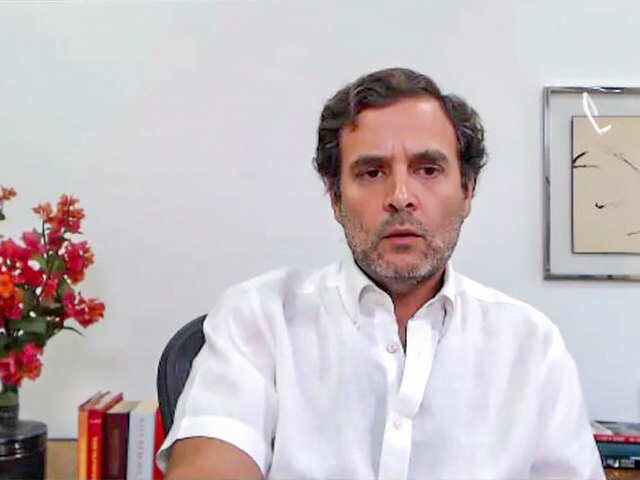Chennai, Aug 30: The Madras High Court on Wednesday directed the National Highways Authority of India (NHAI) to take steps for providing a separate lane at toll plazas for VIPs, including sitting judges, across the country.
"It is disheartening to note that the vehicles of VIPs and sitting Judges are stopped at toll plazas... It is very unfortunate that sitting judges are also compelled to wait in the toll plaza for 10 to 15 minutes," it said.
A bench comprising justices Huluvadi G Ramesh and MV Muralidharan passed the interim order directing the NHAI to issue the circular to all toll plazas to provide separate lane so that vehicles of VIPs and sitting judges can pass through without any hindrance.
It warned that the court would issue a show cause notice to the authorities concerned unless a circular was issued and any violation of the order would be viewed seriously.
The bench was hearing a batch petitions related to toll plazas, including a plea by the L&T Krishnagiri-Wallajapet Tollway Limited seeking a direction to the Tamil Nadu State Transport Corporation Limited's Villupuram and Salem divisions to pay the user fee.
Unless a separate lane was formed at every toll plaza for VIPs, there would be unnecessary harassment, it said posting the matter after four weeks.





Comments
All these perks for VIP's and sitting judges are only in Indi, that too at the cost of poor taxpayers money.
These judges and VIP's think waiting for 10 to 15 minutes is too long.
Common man has to wait for hours for everything.
Add new comment